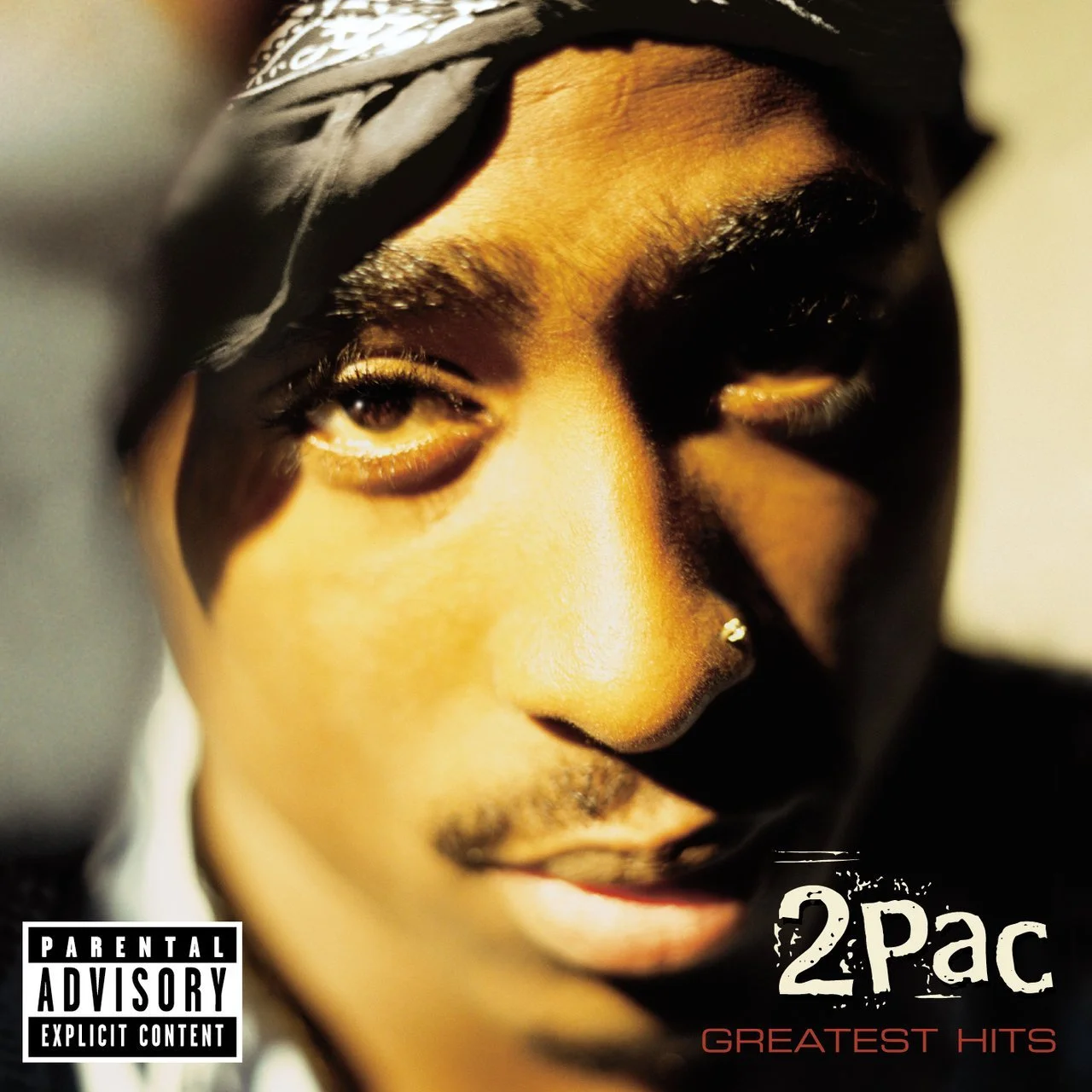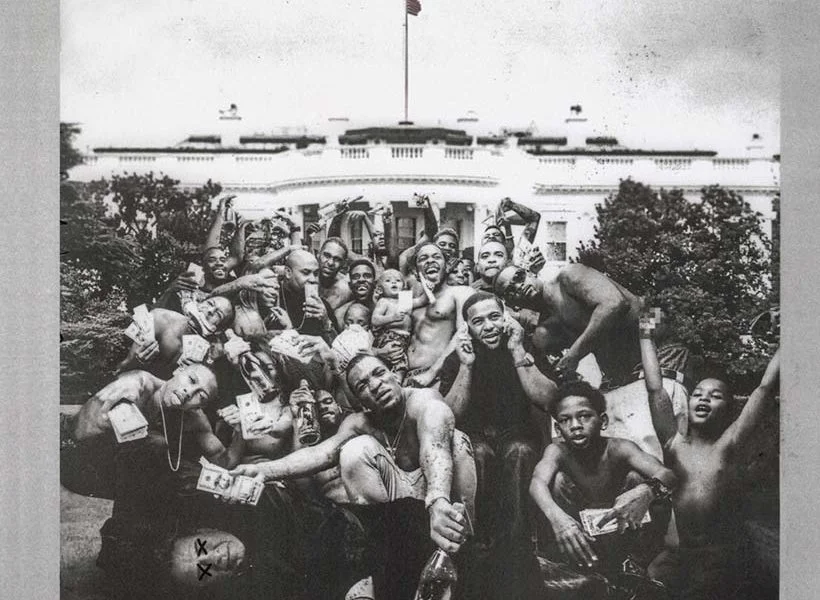During the tragic slavery era many different types of cultures, arts, and music came to light. Music is a form of art that acts as a symbol for culture, identity and above all it signifies the stories and the history that is behind the expression of different feelings depending on the creator’s state of mind (Washington, 2019). There are many different music genres that have an influence from the slave era today. Some of the most popular genres are hip-hop/rap and R&B. Many of the slaves would sing during their labor and activities. It initially started with spirituals and field hollers then evolved into singing, dancing, and instruments. As the slave era came to an end they thought it was best to leave spirituals behind and transition into new forms of music. Music artist started to use their songs to voice emancipation and injustices African Americans experienced on a daily basis. Also, it gave artists the platform to show the positive views African Americans shared about freedom.
Hip-hop in African American communities musical traditions has been influenced by slavery. Hip-hop is recognized as the genre with the closet relation with traditional slave narratives. The slaves music was coded in language they could only understand and based on their everyday life experiences. Also, rap has had a tremendous impact with hip hop and rap was known as a form of communication among the black youth in America. In the slave era, a griot was a storyteller they would tell stories during a rhythmic beat. Many of the artist that have used their music to bring awareness of oppression among the black communities are Tupac, Lauryn Hill, Kendrick Lamar, J Cole, Common, and Nas.
Tupac was an artist that shared his views and opinion of what was going on in the world. He was relatable to a lot of African Americans in the community solely because he spoke about how difficult it was growing up in a white man's world. He felt this world wasn't made for African Americans to succeed. One of my favorite songs by Tupac is "Changes," he tried to make a political statement in many of the songs and encouraged African Americans to make changes from social norms.
https://itunes.apple.com/us/album/changes-feat-talent/310908362?i=310908514
"We got to start making changes learn to see me as a brother 'stead of two distant strangers. And that's how it's suppose to be, how can the devil take a brother if he's close to me." He is asking his community to become united in a brotherhood that is unpenetratable by corrupted whites. He voices his political opinion when saying, "We're not ready to see a black president", because the majority of young black men are in the prison system. He gives the impression that eventually the black community will be able to see a political upheaval, but it takes an acknowledgement of the problems that are currently confronting his community. He believes that change has to come from within, because the system is corrupt and they have no reliability, nor care about the responsibility owed to the destructed black communities. He makes a final plea for blacks to change their lives and recognize the problems, so they can be ameliorated."
It can be hard to truly understand what African Americans face on a daily if an individual can't relate. Tupac was important to encouraging artist to continue to use their voices to touch other people and spread positivity amongst the community. It led to other artists having a huge impact on this movement of conscious or "woke" music.
Lauryn Hill is someone I grew up hearing because of my mom, but it wasn't until recently where I understood the meaning of her lyrics. She received a Grammy for her album "The Miseducation of Lauryn Hill," she voices her concerns about bringing change to the world. Her album "MTV Unplugged No. 2.0," also brings light to social issues. Her music is very eye-opening and conscious as she touches on social Injustices. Hill's music is similar to a griot, telling her story through her music. One of Hill's most powerful songs is "Mystery of iniquity," and iniquity means immoral unfair behavior.
"Do we expect the system made for the elect, to possibly judge correct? Properly serve and protect" -Lauryn Hill (Mystery of iniquity).
https://itunes.apple.com/us/album/mystery-of-iniquity/192492278?i=192492981
"The birth and development of the American police can be traced to a multitude of historical, legal and political-economic conditions. The institution of slavery and the control of minorities, however, were two of the more formidable historic features of American society shaping early policing. Slave patrols and Night Watches, which later became modern police departments, were both designed to control the behaviors of minorities." -A Brief History of Slavery and the Origins of American Policing
This quote explains the lyrics of Hill's song, which compares some police to slave masters controlling African Americans. Although African Americans have freedom we are still trapped in a box that holds us back from blossoming and looked down upon. I also, believe we are feared upon because we are so powerful when we unite and move in the right direction.
"It's freedom, said it's freedom time now, It's freedom, said it's freedom time now ..Time to get free, or give yourselves up now, It's freedom, said it's freedom time" -Lauryn Hill (Freedom Time).
https://itunes.apple.com/us/album/freedom-time/192492278?i=192492685
It's time to release ourselves from social norms and trapping ourselves in our thoughts. We need to free ourselves from mental slavery and hold ourselves accountable for our wrongdoings. Hill voiced no matter what race you are everybody has some of the same issues and have some problems.
"Renounce all your thought, Repent and let your mind be re-taught, You'll find what you sought, Was based on the deception you bought, A perception of naught where the majority remains caught, " -Lauryn Hill (Mystery of iniquity).
This line basically tells us to unlearn the “education” we receive in modern society, to open our minds to new knowledge and to realize that the material dreams we chase are empty figments, based on a lie. In one word: miseducation. We are so easily influenced by the things we see on TV and social media. It's funny because my dad tells me all the time to step outside the box of what society is trying to make you accustom to. For example, working a regular 9-5 he compares it to going to school from 8-3 and sitting at a desk and taking orders. So it's important to have other skills to build your own platform. Society wants to be complacent and not voice our own opinions against the social norms.
Lastly, Kendrick Lamar is my favorite artist and he sheds light on the struggle of racial Injustice. In his songs he also talks about mass black incarnation and how an oppressive society can divide people as well as who they are loyal to.
"What you want you? A house or a car? Forty acres and a mule, a piano, a guitar"-Kendrick Lamar (Wesley's Theory).
This quote alludes to what the slaves would be offered for reparations after the civil war. Many of the freed slaves were given false promises. Things would be a lot different if the slaves were actually given access to land because it would've helped them build on wealth and pass it down.
"Oh America, you bad bitch, I picked cotton and made you rich" -Kendrick Lamar (For Free).
https://itunes.apple.com/us/album/for-free-interlude/974187289?i=974187295
During slavery an essential crop was cotton, which the slaves picked daily. The slave camps brought a lot of wealth and made productivity a lot faster. The slaves were tortured throughout slavery and production. Also, the metaphor alludes to America pimping out black people.
Our greatest leaders are always taken away from us when they spread positivity and the wrongdoings of the government.
Washington, Ahmad Rashad. “Integrating Hip-Hop Culture and Rap Music Into Social Justice Counseling With Black Males.” Journal of Counseling & Development, vol. 96, no. 1, 2018, pp. 97–105., doi:10.1002/jcad.12181.
“A Brief History of Slavery and the Origins of American Policing.” A Brief History of Slavery and the Origins of American Policing | Police Studies Online, plsonline.eku.edu/insidelook/brief-history-slavery-and-origins-american-policing

